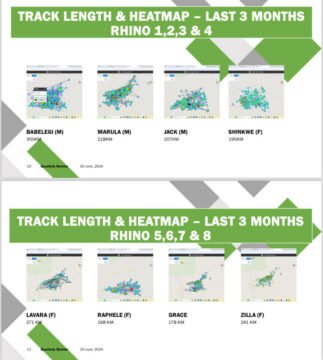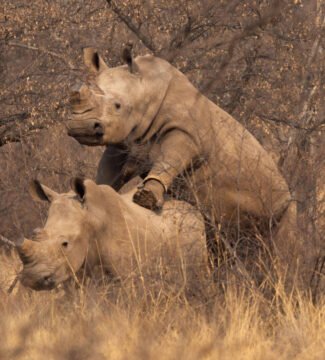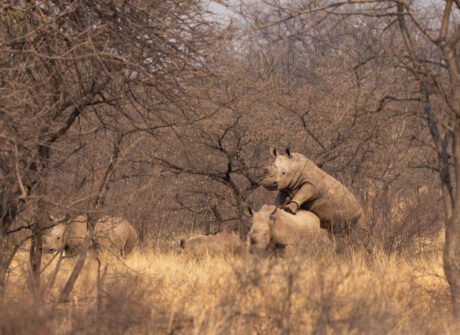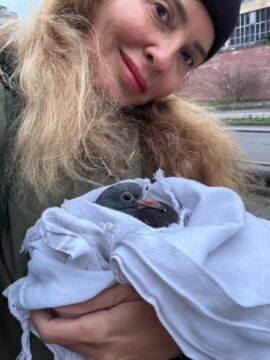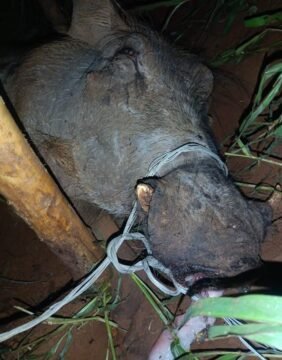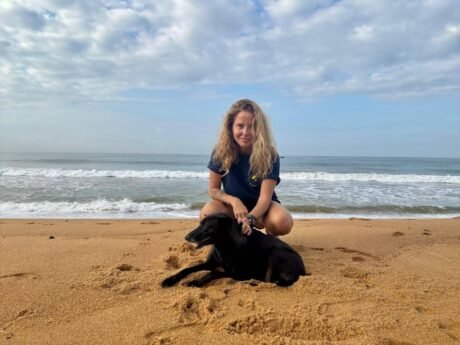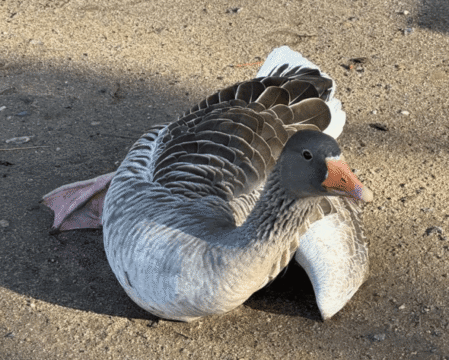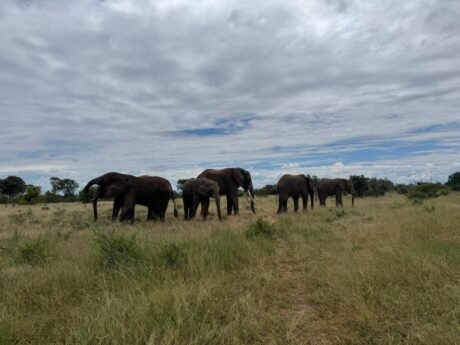Rhino poaching is still a major problem, especially in South Africa, which is at the center of this crisis. In 2023 alone, 586 rhinos were killed across Africa, which means a rhino was poached every 15 hours. The main reason rhinos are targeted is for their horns, which are highly valued on the black market. Many people believe rhino horns have medicinal properties, particularly in parts of Asia, even though there’s no scientific proof to support this. In addition, the horns are seen as symbols of wealth and status, driving up demand and increasing poaching.
While some areas have made progress in fighting poaching, the numbers are still rising in other places, putting even more pressure on rhino populations. White and black rhinos are the most affected species, with their numbers continuing to drop, especially in countries like South Africa and Namibia. The illegal trade of rhino horns is threatening their survival, and without strong intervention, these majestic animals could face extinction.
Our Conservation Efforts
During our last two missions, we have implemented various effective strategies to prevent poaching.


